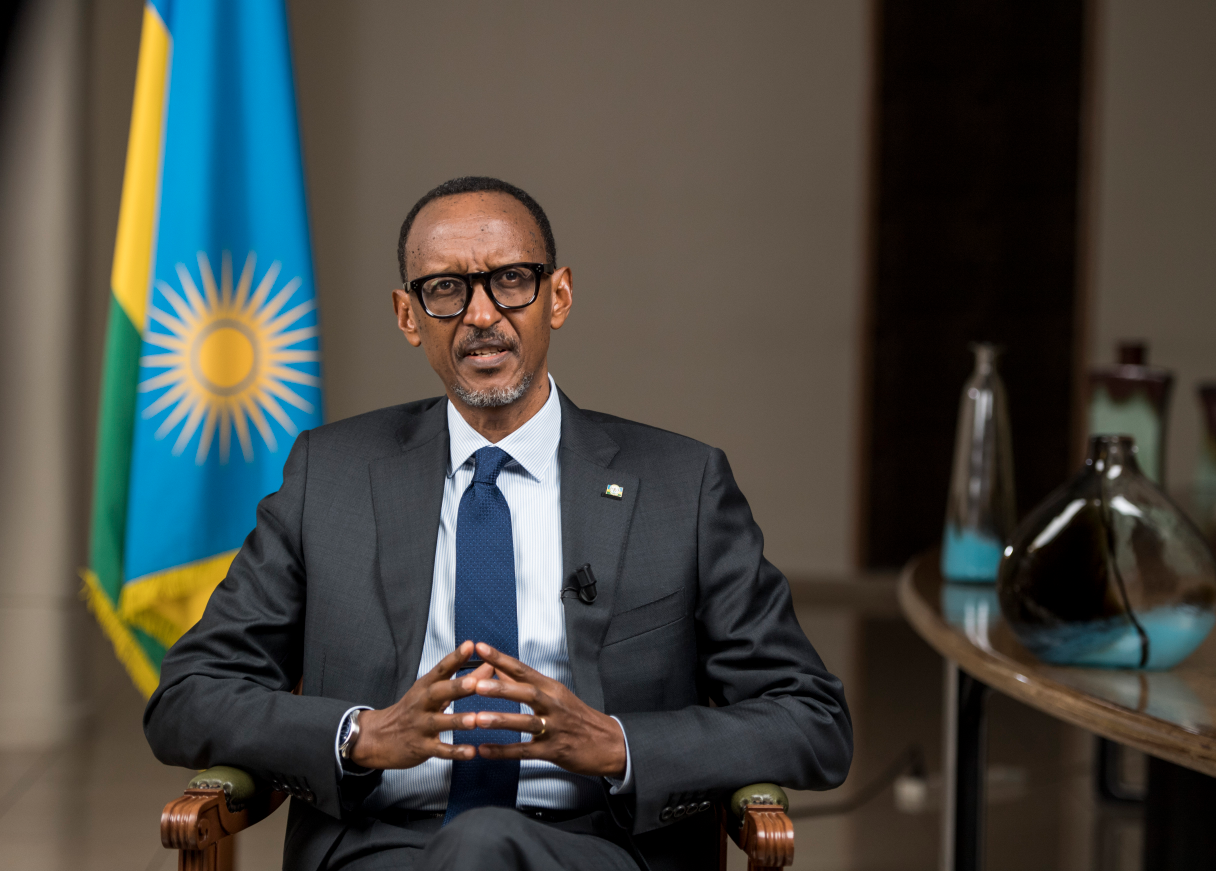News
Angola in Turmoil as Four Killed, 500 Arrested in Violent Protests

Angola in Turmoil as Four Killed, 500 Arrested in Violent Protests
Violence erupted in Angola’s capital city, Luanda, on Monday as thousands of protesters took to the streets to demonstrate against rising petrol prices.
The protests, which began as a three-day strike by taxi drivers, have escalated into one of the most widespread and disruptive waves of protest the country has seen in recent years.
According to eyewitnesses, roads were blocked, shops were looted, cars were destroyed, and clashes broke out between demonstrators and police.
The situation worsened at night, with reports of gunfire in parts of the capital.
As of Tuesday, pockets of protests continued in Luanda, with further clashes with police and more looting of shops.
Demonstrations have also spread to the central city of Huambo.
The protests were sparked by the government’s decision to raise the price of diesel by over 33%, a measure introduced in early July as part of plans to remove fuel subsidies in the oil-rich nation.
This move has resulted in higher fares for urban Angolans who rely on taxis and has also driven up the price of staple foods and other basics.
A prominent local activist, Laura Macedo, told the BBC that the fuel price issue is just the last straw that has reignited widespread public discontent.
“People are fed up. Hunger is rife, and the poor are becoming miserable,” she said.
However, President João Lourenço has dismissed such concerns, saying that protesters are using petrol prices as a pretext to undermine the government.
He pointed out that even after the increase, the price of diesel in Angola remains around 40 US cents per litre, and there are not many countries in the world with prices this low.
The average monthly wage in Angola is just 70,000 kwanzas ($75; £56), and a promise by the presidency to increase this to 100,000 kwanzas has not materialized.
As frustrations spilled over Monday, groups of protesters took to the streets in various parts of Luanda, chanting against fuel price increases, nearly five decades of rule by the governing MPLA party, and expressing their frustration with the country’s current state of affairs.
The state-run media in Angola came under heavy criticism on social media for continuing with its regular programming and failing to cover the demonstrations.
The MPLA warned young people not to join the protests and said that these “acts of vandalism are deliberately intended to tarnish and hinder the joyful celebration” of Angola’s 50th anniversary of independence.
According to local authorities in Luanda, the strike originally announced by taxi organizations had been called off following negotiations with authorities.
However, “groups of unidentified individuals, without any legitimate representation of the taxi sector, resumed the call for strike actions, promoting intimidation and violence, including attacks on vehicles circulating on public roads, even those not providing taxi services”.
A major taxi association, Anata, has distanced itself from the violence but vowed to continue the three-day strike, saying “the voice of the taxi drivers reflects the outcry of the Angolan people”.
As of Tuesday, major shops, banks, and other businesses have remained closed.
Some civil servants have returned to work, but many people who work for private companies have stayed at home on the advice of their employers.
Police warn they are patrolling the streets and will continue to “intervene where there are still disturbances” to “re-establish public order and peace”.
The situation remains tense, and it is unclear how the government will respond to the protests.
Four people have been killed, and 500 have been arrested in connection with the protests, according to police.
The protests have brought the city to a standstill, and it remains to be seen how the situation will unfold.
News
Court, Congress Pile Pressure on DHS Over Minnesota Operations

Court, Congress Pile Pressure on DHS Over Minnesota Operations
US House Democrats have threatened to begin impeachment proceedings against Homeland Security Secretary Kristi Noem over her handling of the immigration crackdown in Minnesota, unless President Donald Trump removes her from office.
House Minority Leader Hakeem Jeffries warned that Democrats could proceed “the easy way or the hard way,” describing the actions of Noem’s department as “disgusting.”
The crisis follows the fatal shooting of US citizen Alex Pretti by a federal agent, which has triggered backlash in Minneapolis and led to the planned departure of Border Patrol Chief Gregory Borvino and some agents from the city.
Trump has deployed his “border tsar,” Tom Homan, to take charge of on-the-ground operations, while a Minnesota judge has ordered acting ICE director Todd Lyons to appear in court over alleged violations of court orders.
Trump has distanced himself from claims by senior adviser Stephen Miller that Pretti was a “would-be assassin,” saying he did not believe the victim was acting as one.
Video footage shows Pretti holding a phone while filming agents, not a gun, although police say he was a legal firearm owner.
News
UN Raises Alarm Over ‘Spare No-One’ Rhetoric by South Sudan Army Chief

UN Raises Alarm Over ‘Spare No-One’ Rhetoric by South Sudan Army Chief
The United Nations has expressed concern after South Sudan’s Deputy Army Chief, Gen. Johnson Oluny, was heard urging troops to “spare no-one,” including children and the elderly, ahead of military operations in opposition-held areas of Jonglei State.
In a video posted on Facebook, Oluny, addressing members of his Agwelek militia, called for total destruction during the deployment.
The UN Mission in South Sudan condemned the remarks, describing them as “utterly abhorrent,” and warned that inflammatory rhetoric targeting civilians must stop immediately.
South Sudan’s government, however, said the statement did not amount to an official order, insisting it remains committed to protecting civilians.
Minister of Information Ateny Wek Ateny said civilians were being warned only to avoid being caught in crossfire.
The development comes amid escalating fighting in Jonglei, where forces loyal to suspended Vice-President Riek Machar have seized several areas.
The military has ordered civilians, UN personnel and aid workers to evacuate three counties—Nyirol, Uror and Akobo—ahead of an imminent operation.
The UN says more than 180,000 people have been displaced by the renewed violence.
Meanwhile, tensions remain high as opposition forces threaten to advance towards the capital, Juba, a claim dismissed by the army.
South Sudan has been unstable since a 2018 peace deal ended a five-year civil war that killed nearly 400,000 people, but lingering political rivalry and ethnic tensions continue to threaten fragile peace.
Diplomacy
Rwanda sues UK over scrapped migrant deal payments

Rwanda sues UK over scrapped migrant deal payments
The Rwandan government has initiated arbitration proceedings against the United Kingdom, seeking payments it says are owed under the now-abandoned asylum partnership agreement between both countries.
Rwanda has filed the case at the Permanent Court of Arbitration (PCA) in The Hague, arguing that the UK failed to honour financial commitments contained in the deal signed under the former Conservative government.
The agreement, designed to relocate some asylum seekers from the UK to Rwanda, was scrapped in 2024 by Prime Minister Sir Keir Starmer, with the Home Office saying about £220m in future payments would no longer be made.
UK authorities insist the policy was costly and ineffective, pledging to defend the case to protect taxpayers’ funds.
Rwanda, however, says the arbitration concerns unmet treaty obligations and is seeking a legal determination of both parties’ rights under international law.
The PCA lists the case as pending, with no timetable yet announced for hearings or a ruling.
-

 Analysis6 days ago
Analysis6 days agoThe Agony of a Columnist, by Alabidun Shuaib AbdulRahman
-

 Analysis5 days ago
Analysis5 days agoNow That Nigeria Has a U.S. Ambassador-Designate, by Boniface Ihiasota
-

 Diplomacy5 days ago
Diplomacy5 days agoCARICOM Raises Alarm Over Political Crisis in Haiti
-

 News6 days ago
News6 days agoCourt, Congress Pile Pressure on DHS Over Minnesota Operations
-

 News6 days ago
News6 days agoTinubu Unhurt After Brief Stumble at Turkey Reception
-

 News6 days ago
News6 days agoMacron invites Chad’s Déby to Paris amid push to reset ties









